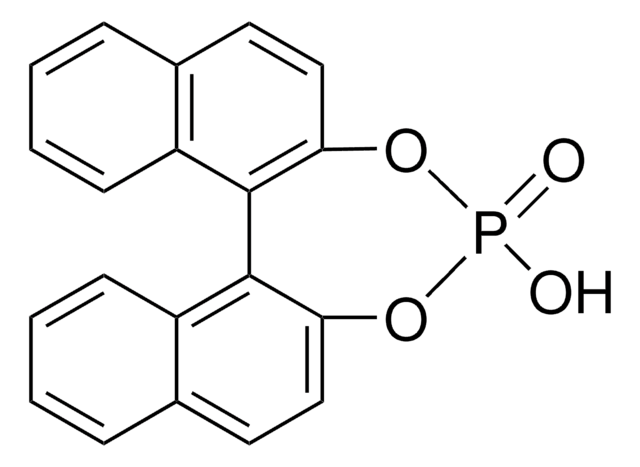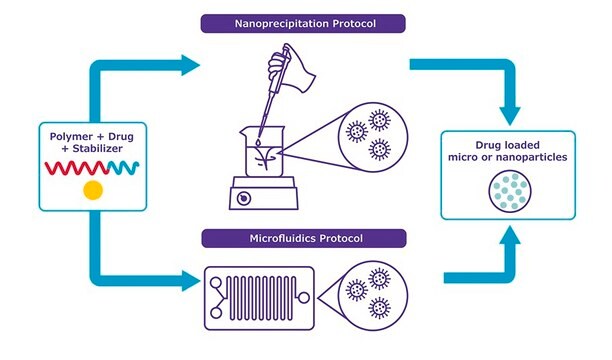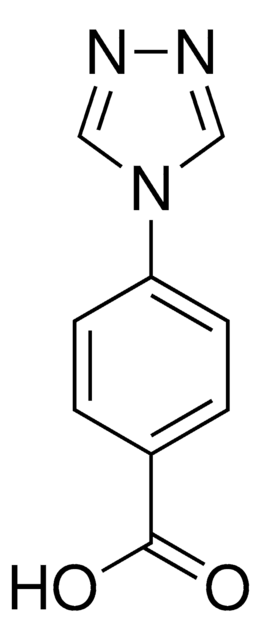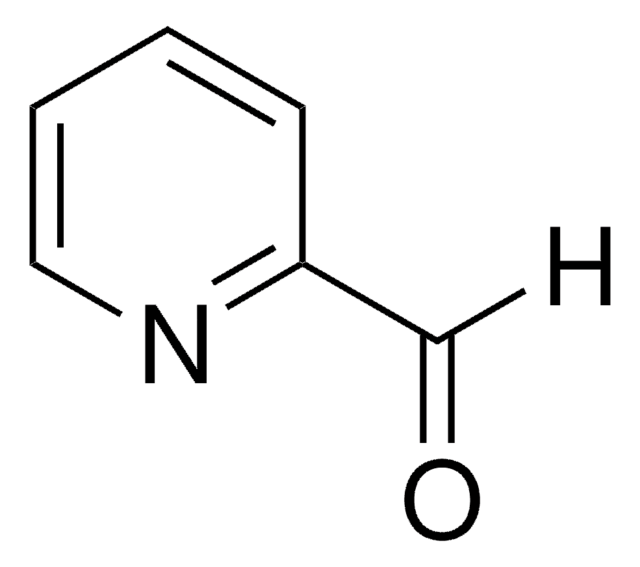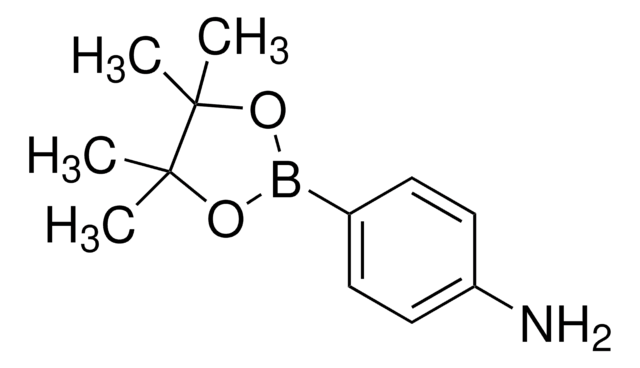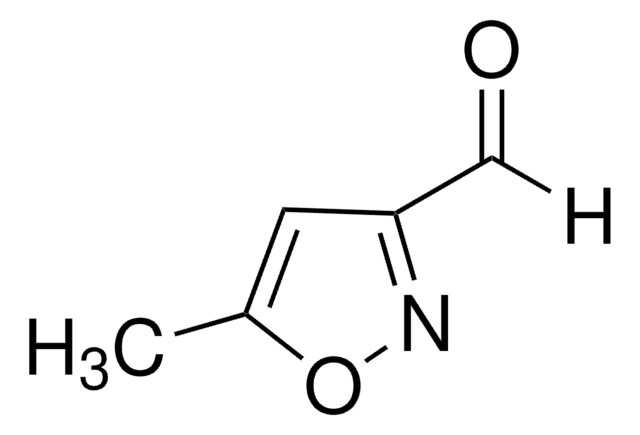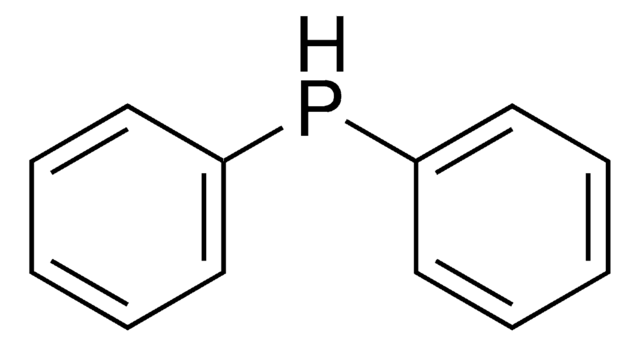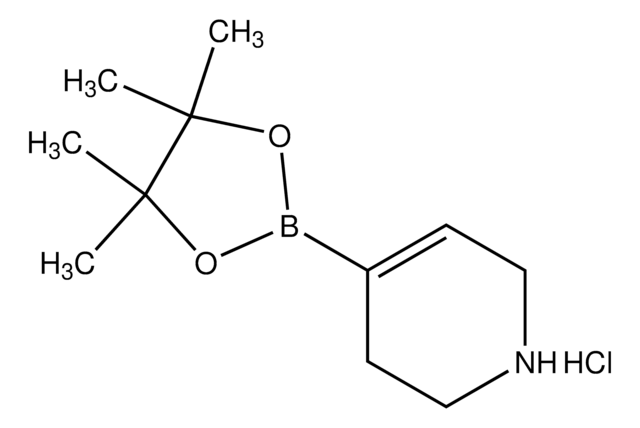추천 제품
생물학적 소스
human adipose tissue (normal)
Quality Level
포장
pkg of 500,000 cells (HMNC-BM)
제조업체/상표
Cell Applications, Inc
성장 모드
Adherent
핵형
2n = 46
형태학
Fibroblast-like
기술
cell culture | mammalian: suitable
관련 질환(들)
diabetes; obesity; obesity; cardiovascular diseases
배송 상태
dry ice
저장 온도
−196°C
일반 설명
Lot specific orders are not able to be placed through the web. Contact your local sales rep for more details.
Most research in adipocyte biology was conducted in mouse 3T3-L1 cell lines. It has been impossible to use human adipocytes because they die within 24 hours after isolation. Primary Human Preadipocytes (HPAd) are derived from human subcutaneous adipose tissue at various sites and adipose depot on the heart. These fibroblast-like precursor cells are cryopreserved at the end of primary culture and can be propagated two passages prior to differentiating into Human Adipocytes (HAd). Complete differentiation can be easily achieved through the use of Adipocyte Differentiation Medium. Mature HAd are expected 10 days after induction of differentiation and should remain healthy and responsive for at least 2 weeks after complete differentiation. Adipose mass can be controlled by inhibition of HPAd differentiation and increase of lypolysis. HAd are ideal cellular models for drug discovery research in the area of obesity, diabetes and cardiovascular diseases.
HPAd have been used in multiple studies investigating the cellular basis of diabetes and obesity, as well as mechanisms of action of various drug candidates. For example, it was shown that interaction between infiltrating monocytes and adipocytes affects production of metalloproteinases and osteopontin, a proinflammatory cytokine, which ultimately leads to development of more adipose tissue and insulin resistance (Samuvel, 2010, 2011). It was further demonstrated that adipocyte differentiation requires activation of Akt1 through the mTORC2-BSTA mechanism, leading to downstream suppression of FoxC2 (Yao, 2013).
Instead of protecting from hyperglycemia-induced ER stress, like it does in other cells, in adipocytes a bioactive, endogenously produced compound taurine was shown to modulate the expression of adipokines under inflammatory conditions by inhibiting the STAT-3 signaling pathway (Kim, 2013a,c), and to inhibit differentiation of preadipocytes into adipocytes (Kim, 2013b). Additionally, FGF21, which leads to reduction of body weight in animal models of obesity, was shown to act by modulating gene expression, phosphorylating Frs2a, Erk1/2, and Mypt1 (Muise, 2013) and by increasing oxidative capacity of adipocytes via AMPK–SIRT1–PGC1a cascade (Chau, 2010). Similarly, atrial natriuretic peptide (ANP) was shown to regulate lipid catabolism and reduce insulin resistance in HPAd by activating AMPK (Souza, 2011).
HPAd were also used to study adipocytokines in normal pregnancy and pregnancy-induced hypertension (Naruse, 2011), and to investigate the anti-obesity and hypolipidaemic properties of lotus seed extract (You, 2013, 2014). Finally, HPAd have been used to demonstrate the role of epigenetic modifications in increasing efficiency of iPS reprogramming (Rim, 2012).
Most research in adipocyte biology was conducted in mouse 3T3-L1 cell lines. It has been impossible to use human adipocytes because they die within 24 hours after isolation. Primary Human Preadipocytes (HPAd) are derived from human subcutaneous adipose tissue at various sites and adipose depot on the heart. These fibroblast-like precursor cells are cryopreserved at the end of primary culture and can be propagated two passages prior to differentiating into Human Adipocytes (HAd). Complete differentiation can be easily achieved through the use of Adipocyte Differentiation Medium. Mature HAd are expected 10 days after induction of differentiation and should remain healthy and responsive for at least 2 weeks after complete differentiation. Adipose mass can be controlled by inhibition of HPAd differentiation and increase of lypolysis. HAd are ideal cellular models for drug discovery research in the area of obesity, diabetes and cardiovascular diseases.
HPAd have been used in multiple studies investigating the cellular basis of diabetes and obesity, as well as mechanisms of action of various drug candidates. For example, it was shown that interaction between infiltrating monocytes and adipocytes affects production of metalloproteinases and osteopontin, a proinflammatory cytokine, which ultimately leads to development of more adipose tissue and insulin resistance (Samuvel, 2010, 2011). It was further demonstrated that adipocyte differentiation requires activation of Akt1 through the mTORC2-BSTA mechanism, leading to downstream suppression of FoxC2 (Yao, 2013).
Instead of protecting from hyperglycemia-induced ER stress, like it does in other cells, in adipocytes a bioactive, endogenously produced compound taurine was shown to modulate the expression of adipokines under inflammatory conditions by inhibiting the STAT-3 signaling pathway (Kim, 2013a,c), and to inhibit differentiation of preadipocytes into adipocytes (Kim, 2013b). Additionally, FGF21, which leads to reduction of body weight in animal models of obesity, was shown to act by modulating gene expression, phosphorylating Frs2a, Erk1/2, and Mypt1 (Muise, 2013) and by increasing oxidative capacity of adipocytes via AMPK–SIRT1–PGC1a cascade (Chau, 2010). Similarly, atrial natriuretic peptide (ANP) was shown to regulate lipid catabolism and reduce insulin resistance in HPAd by activating AMPK (Souza, 2011).
HPAd were also used to study adipocytokines in normal pregnancy and pregnancy-induced hypertension (Naruse, 2011), and to investigate the anti-obesity and hypolipidaemic properties of lotus seed extract (You, 2013, 2014). Finally, HPAd have been used to demonstrate the role of epigenetic modifications in increasing efficiency of iPS reprogramming (Rim, 2012).
세포주 기원
Tissue
애플리케이션
drug discovery research, adipose tissue development, adipokine production, signaling pathways, cell differentiation, gene expression, lipid catabolism, test anti-obesity, approaches, adipose biology
성분
Preadipocyte Cell Basal Medium that contains 20% FBS and 5% DMSO
제조 메모
- 2nd passage, >500,000 cells in Preadipocyte Cell Basal Medium that contains 20% FBS and 5% DMSO
- Can be cultured 2 passages before differentiation into Had
계대배양 정규 작업
Please refer to the HPAd Culture Protocol.
면책조항
RESEARCH USE ONLY. This product is regulated in France when intended to be used for scientific purposes, including for import and export activities (Article L 1211-1 paragraph 2 of the Public Health Code). The purchaser (i.e. enduser) is required to obtain an import authorization from the France Ministry of Research referred in the Article L1245-5-1 II. of Public Health Code. By ordering this product, you are confirming that you have obtained the proper import authorization.
Storage Class Code
11 - Combustible Solids
WGK
WGK 3
Flash Point (°F)
Not applicable
Flash Point (°C)
Not applicable
가장 최신 버전 중 하나를 선택하세요:
프로토콜
Store the cryovials in a liquid nitrogen storage tank immediately upon arrival.
자사의 과학자팀은 생명 과학, 재료 과학, 화학 합성, 크로마토그래피, 분석 및 기타 많은 영역을 포함한 모든 과학 분야에 경험이 있습니다..
고객지원팀으로 연락바랍니다.